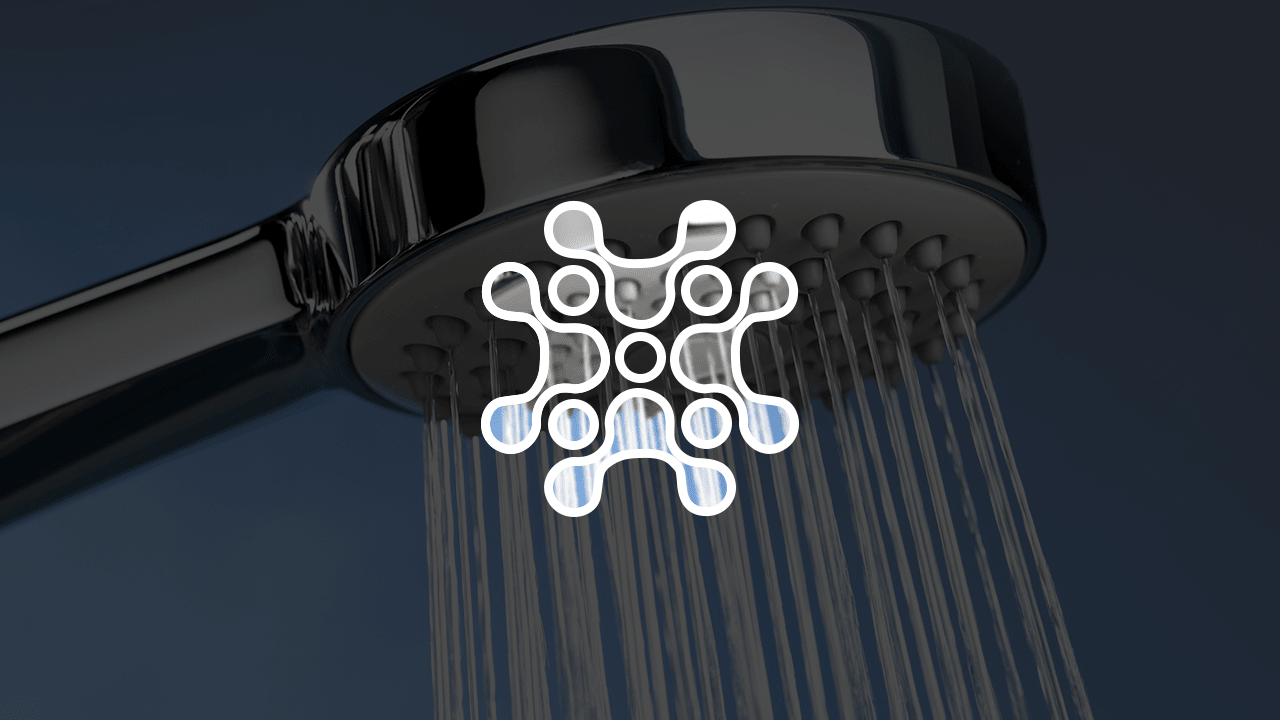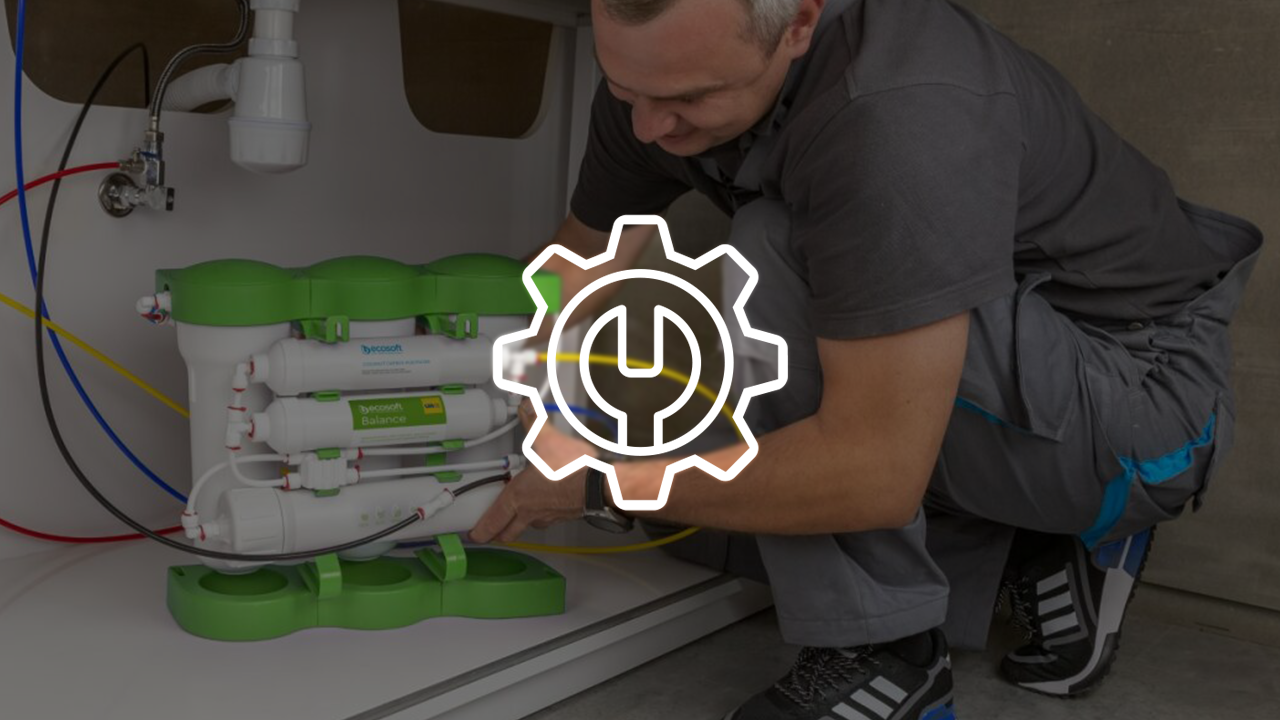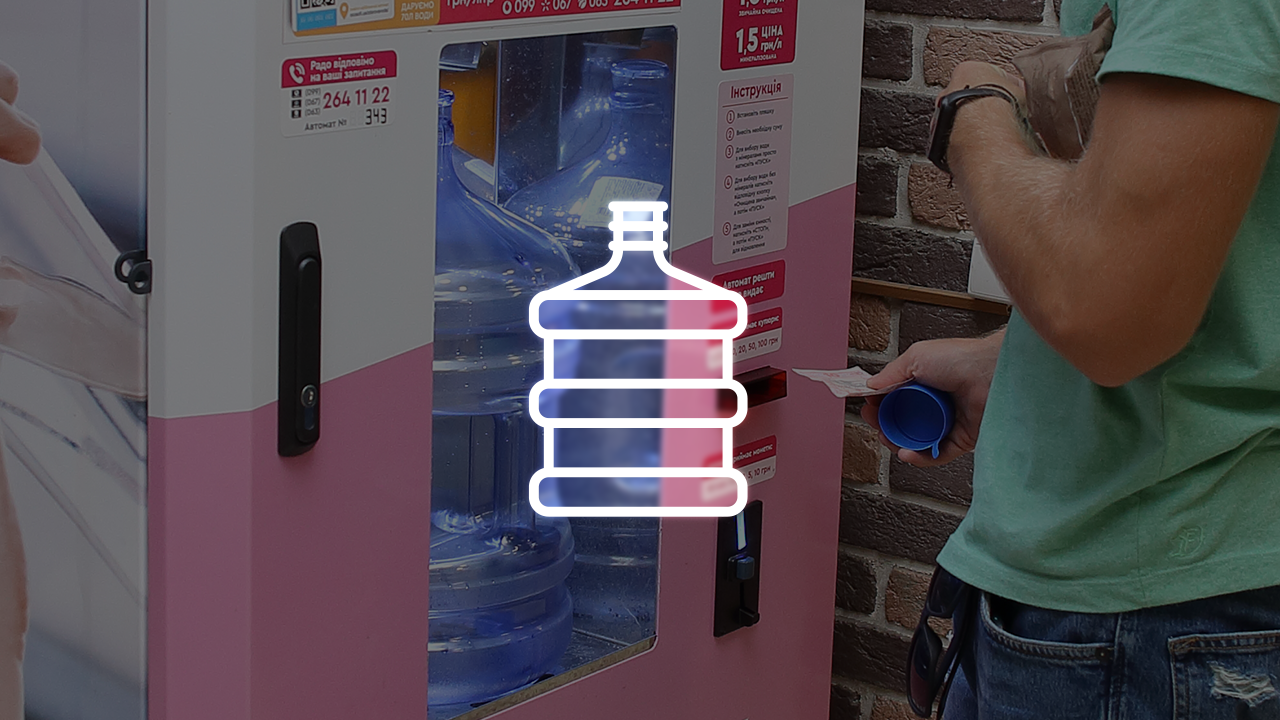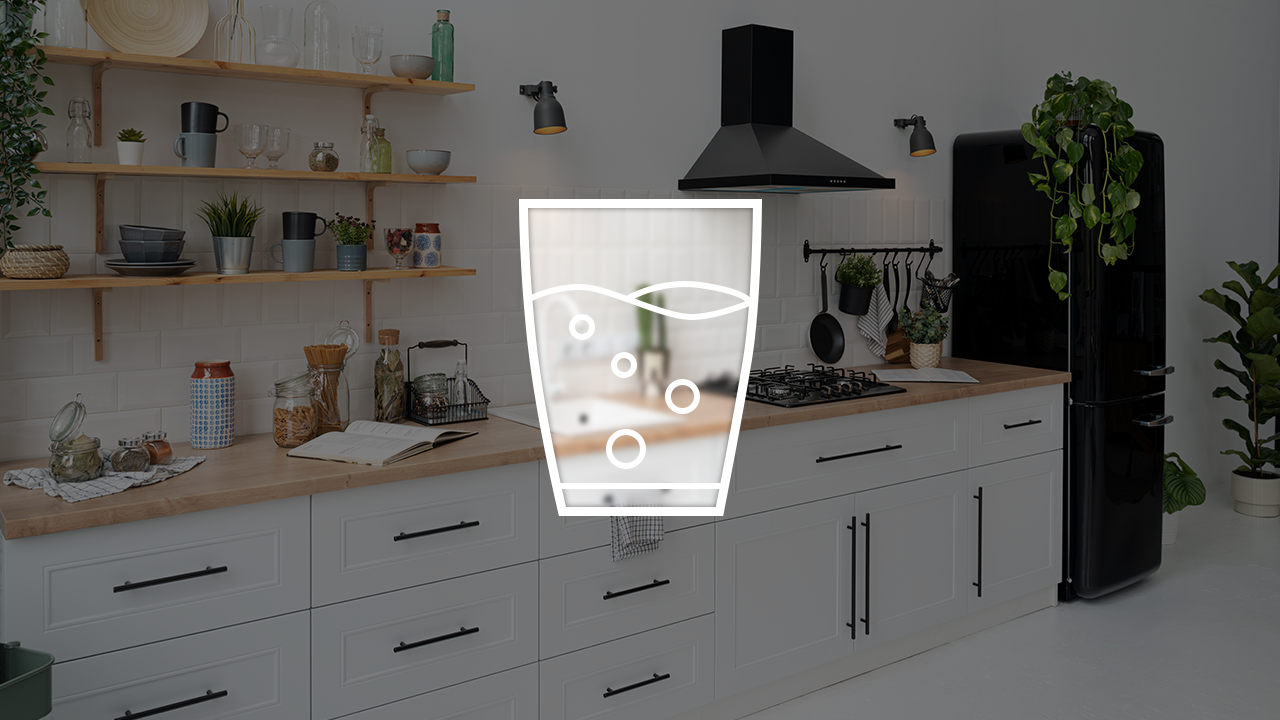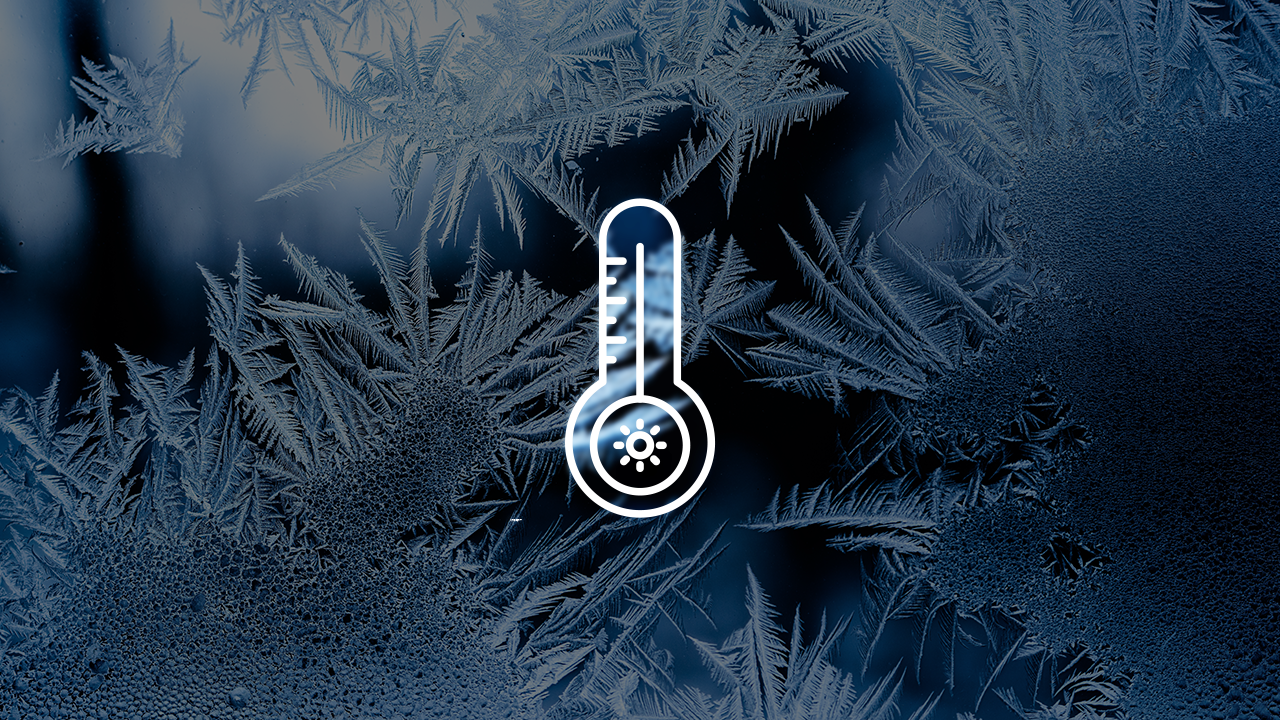Apa este o resursă esențială care joacă un rol crucial în viața noastră de zi cu zi. Cu toate acestea, nu toată apa este la fel. În funcție de compoziția sa, apa poate fi clasificată ca dură sau moale. Înțelegerea diferenței dintre aceste două tipuri de apă este importantă pentru menținerea bunăstării caselor noastre, a aparatelor și chiar a propriului corp. În acest articol, vom analiza caracteristicile apei dure, efectele sale potențiale și modul în care aceasta diferă de apa moale.
Ce este apa dură?
Apa dură este apa care conține o concentrație ridicată de minerale, în principal calciu și magneziu. Aceste minerale sunt obținute pe măsură ce apa trece prin roci și sol, dizolvând și acumulând diverse substanțe pe parcurs. Deși apa dură nu este considerată dăunătoare pentru sănătatea umană, aceasta poate avea mai multe efecte negative în viața noastră de zi cu zi.
Apa dură este nocivă pentru dumneavoastră?
Consumul de apă dură este, în general, sigur, deoarece mineralele găsite în aceasta pot contribui la aportul zilnic recomandat de calciu și magneziu. Cu toate acestea, utilizarea apei dure pentru perioade îndelungate poate avea unele efecte nedorite. O problemă notabilă este formarea de calcar sau acumularea de minerale în conducte, aparate și alte sisteme legate de apă. Acest lucru poate reduce eficiența aparatelor, cum ar fi mașinile de spălat vase și încălzitoarele de apă, ducând la creșterea consumului de energie și la potențiale daune. În plus, depozitele minerale lăsate în urmă de apa dură pot îngreuna dizolvarea corectă a săpunurilor și detergenților, ducând la reducerea spumării și a eficacității curățării.
Ce este apa moale?
Spre deosebire de apa dură, apa moale conține mai puține minerale, în special calciu și magneziu. Acest lucru se obține prin diverse procese, cum ar fi dedurizarea apei, care implică eliminarea sau neutralizarea conținutului de minerale din apă. Apa moale este adesea preferată pentru capacitatea sa de a produce rezultate mai bune de spumare și curățare.
Diferența dintre apa dură și apa moale:
Principala diferență dintre apa moale și apa dură constă în conținutul lor mineral. Apa dură conține niveluri mai ridicate de calciu și magneziu, în timp ce apa moale are un conținut semnificativ mai scăzut de minerale. Această disparitate în concentrațiile de minerale afectează în mod direct performanța lor în diferite aspecte ale vieții noastre de zi cu zi.
Atunci când diferențiați apa dură de apa moale pentru treburile casnice, avantajele apei moi devin evidente. Aceasta permite săpunurilor și detergenților să se dizolve mai eficient, ducând la îmbunătățirea capacităților de curățare. De asemenea, apa moale previne formarea calcarului, reducând acumularea în conducte și aparate. Ca urmare, aparatele precum mașinile de spălat rufe, mașinile de spălat vase și încălzitoarele de apă tind să dureze mai mult și să funcționeze mai eficient cu apă moale.
Atunci când se ia în considerare rutina de îngrijire personală, distincția dintre apa moale și apa dură devine crucială. În timp ce apa dură poate lăsa un reziduu pe piele, ceea ce duce la uscăciune și iritații, apa moale oferă beneficii notabile. Apa moale permite clătirea mai eficientă a săpunurilor și a șampoanelor, lăsând pielea mai fină și părul mai sănătos, fără opacitatea adesea asociată cu apa dură.
Pentru a asigura disponibilitatea apei moi, sunt disponibile pe piață diverse opțiuni de tratare a apei. Una dintre aceste opțiuni este utilizarea sistemelor de osmoză inversă (RO). Aceste sisteme pot elimina impuritățile și mineralele din apă, producând apă potabilă moale și curată. Ecosoft oferă o gamă de sisteme RO pentru diferite scopuri, inclusiv comercial, vending, casnic, debit direct și filtre. Puteți găsi mai multe informații despre aceste sisteme la următoarele linkuri:
- RO comercial de 4": Link către RO comercial de 4"
- Vending RO: Link către Vending RO
- Domestic RO: Link către Domestic RO
- RO cu flux direct: Link către RO cu flux direct
În concluzie, diferența dintre apa dură și apa moale constă în conținutul lor de minerale și în efectele pe care acestea le au asupra vieții noastre de zi cu zi. Deși apa dură este, în general, sigură pentru consum, aceasta poate cauza probleme în ceea ce privește eficiența aparatelor, performanța săpunului și calitatea generală a pielii și a părului nostru. Apa moale, cu conținutul său redus de minerale, oferă capacități îmbunătățite de curățare, prelungește durata de viață a aparatelor și aduce beneficii pentru îngrijirea personală. Înțelegerea distincției dintre apa moale și apa dură poate ajuta proprietarii de locuințe să ia decizii în cunoștință de cauză cu privire la opțiunile lor de tratare a apei și să asigure bunăstarea locuințelor lor și a lor înșiși.
Faqs
Pot converti apa dură în apă moale în casa mea?
Da, puteți transforma apa dură în apă moale printr-un proces numit dedurizare a apei. Aceasta implică, de obicei, utilizarea unui dedurizator de apă, care elimină mineralele în exces din apă și le înlocuiește cu ioni de sodiu sau potasiu. Îndulcitoarele de apă pot fi instalate la punctul de intrare pentru a trata toată apa care intră în casă sau la anumite puncte de utilizare, cum ar fi sub chiuvetă sau pentru duș.
Care sunt efectele utilizării apei moi față de apa dură?
Apa moale tinde să fie mai benefică pentru uz casnic. Aceasta poate preveni acumularea de minerale în conducte și aparate, ducând la îmbunătățirea duratei de viață și a eficienței. De asemenea, apa moale permite o mai bună spumare a săpunului și poate duce la o piele și un păr mai moi și mai netede. În schimb, apa dură poate lăsa depuneri minerale pe suprafețe, poate reduce eficiența săpunului și poate contribui la depunerea de calcar în aparate.
Care este diferența dintre apa moale și apa dură?
Apa moale și apa dură diferă prin conținutul lor de minerale. Apa moale are niveluri scăzute de minerale, în special calciu și magneziu, în timp ce apa dură conține concentrații mai mari ale acestor minerale.
Cum îmi pot da seama dacă apa mea este moale sau dură?
Puteți determina dacă apa dvs. este moale sau dură prin testarea conținutului său de minerale. O metodă obișnuită este utilizarea unui kit de testare a apei care măsoară nivelurile de ioni de calciu și magneziu. Alternativ, ați putea observa unele semne ale apei dure, cum ar fi reziduuri de săpun, depuneri minerale sau dificultăți în formarea spumei cu săpun.


